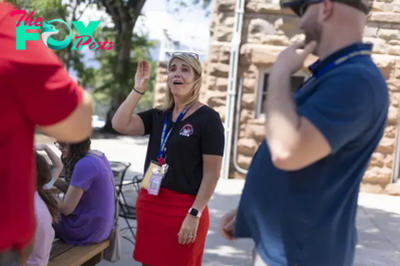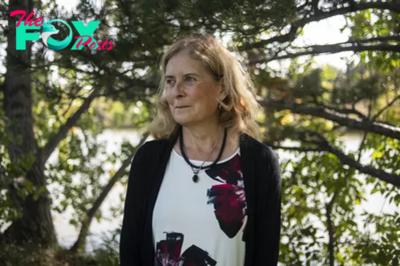Education
New medical school coming to University of Northern Colorado as state tries to solve workforce shortages
Colorado will create its third medical college — likely in 2026 — after Gov. Jared Polis on Wednesday signed a bill into law that will expand health care programs at higher education institutions across the state in a bid to overcome workforce shortages that worsened during and after the pandemic
The College of Osteopathic Medicine, to be housed at the University of Northern Colorado in Greeley, is one of the major initiatives of the new law, which emerged from a bipartisan legislative proposal announced in February.
The $247 million package under House Bill 1231 also includes the development of a Health Institute Tower at Metropolitan State University of Denver, construction of a veterinary health education complex by Colorado State University in Fort Collins and renovation and expansion of Trinidad State College’s valley campus main building to house all the school’s health care programs, including nursing.
“With this investment, Colorado will train more world-class doctors, nurses, veterinarians and other Health professionals to provide Coloradans with the care they need,” Polis wrote in an emailed statement. “These new opportunities will attract students from Colorado and across the country to our communities, strengthening our Healthcare workforce and supporting our economy.”
Lawmakers and education leaders have been shaping up plans for the projects at the four schools during the past three years, motivated largely by workforce shortages in hospitals and health care facilities. Those shortages grew as widespread burnout set in among health workers following long days on the job during the pandemic.
While announcing the legislative proposal in February, Polis hit on a critical need for more medical professionals, particularly as Colorado’s population ages. Projections indicate shortages in health care fields are significant, including in nursing. Colorado will need an estimated 10,000 new nurses over the next decade.
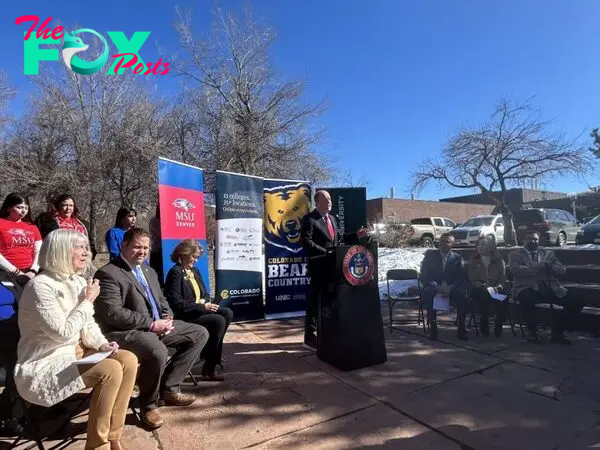
The $22.6 million project authorized by the state will allow Trinidad State College Valley Campus in Alamosa to be better situated to train more health care workers. The college will receive $19.4 million from the legislation signed into law and about $3.2 million in state funds through controlled maintenance.
The project includes tearing down the health sciences building that houses its nursing program and renovate and expand its main campus building, outfitting it to accommodate all health care programs, including nursing, medical assisting, dental assisting, EMT and paramedic.
The expansion will make space for a student services center, where students — especially first-generation college students and those from low-income households — could find help for admissions, financial aid, academic advising, tutoring and registration.
The project will be “transformational” for workforce development in the San Luis Valley, where dire shortages in positions like certified nursing assistants have forced nurses to take on additional work, according to Trinidad State College President Rhonda Epper.
Building up an adequate pipeline of health care workers in rural parts of the state is particularly challenging, Epper said.
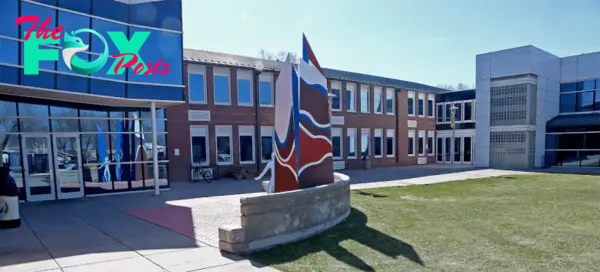
“It starts with having an educated workforce and helping students who are local see themselves in those career fields, exposing them to career opportunities that they might not otherwise consider and beginning that pathway early on when they’re in high school because we want to train our talent locally and keep our talent locally when they graduate,” she said.
Additionally, the state will give MSU Denver about $50 million toward a $65 million project that will create a Health Institute Tower to prepare students for careers in nursing, behavioral Health and psychology, among other Health care disciplines.
CSU will receive $50 million in state funding as it eyes construction of a new $230 million Veterinary Health and Education Center at its Fort Collins campus. The university also plans to renovate the James L. Voss Veterinary Teaching Hospital so the school can expand its veterinary services and train future veterinarians with more hands-on medical experiences.
Diversifying the state’s health care workforce in northern Colorado
The new medical school at UNC will accelerate the number of physicians ready to start providing care in state health care facilities, said UNC President Andy Feinstein.
Two medical schools in the state are “simply not enough to produce the number of doctors we’re going to need not only in the near future, but 10, 20, 30, 40 years from now,” Feinstein said.
The school will also help address the medical needs of northern Colorado along with rural stretches north and east of Weld County, he said.
“I think we’re located in an area that really can leverage our geographic proximity to many rural communities,” Feinstein said.
The university plans to hold a groundbreaking ceremony for the new medical school facility in mid-September as part of its homecoming celebration. The new building will replace an old K-12 school on university grounds that served as a place for students pursuing teaching careers to work in classrooms. The school closed around 2000 and has been “underutilized,” according to Feinstein.
-

 Education21h ago
Education21h agoGood feedback is an art – here’s how I teach it
-
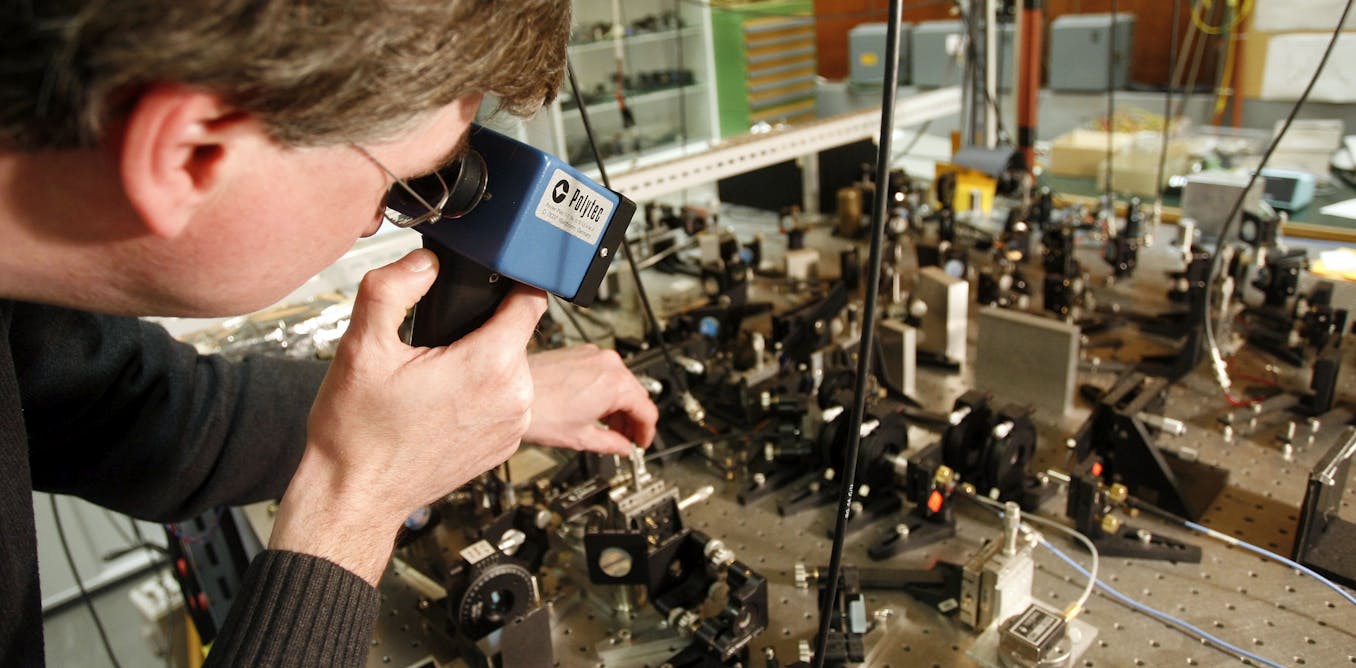
 Education1d ago
Education1d agoUnequal access to quantum information education may limit progress in this emerging field − now is the time to improve
-

 Education1d ago
Education1d agoSports in extreme heat: Warning signs of heat illness and how high school athletes can safely prepare for the start of team practices
-

 Education1d ago
Education1d agoCOVID-19 devastated teacher morale − and it hasn’t recovered
-

 Education5d ago
Education5d agoSports in extreme heat: How high school athletes can safely prepare for the start of practice, and the warning signs of heat illness
-

 Education5d ago
Education5d agoWhy I turned the ‘Red Dead Redemption II’ video game into a history class on America’s violent past
-

 Education6d ago
Education6d agoAfter more than 40 years, the federal right to free education for immigrant students finds itself in the crosshairs of conservatives
-

 Education1w ago
Education1w agoWant to spur your child’s intellectual development? Use audiobooks instead of videos




